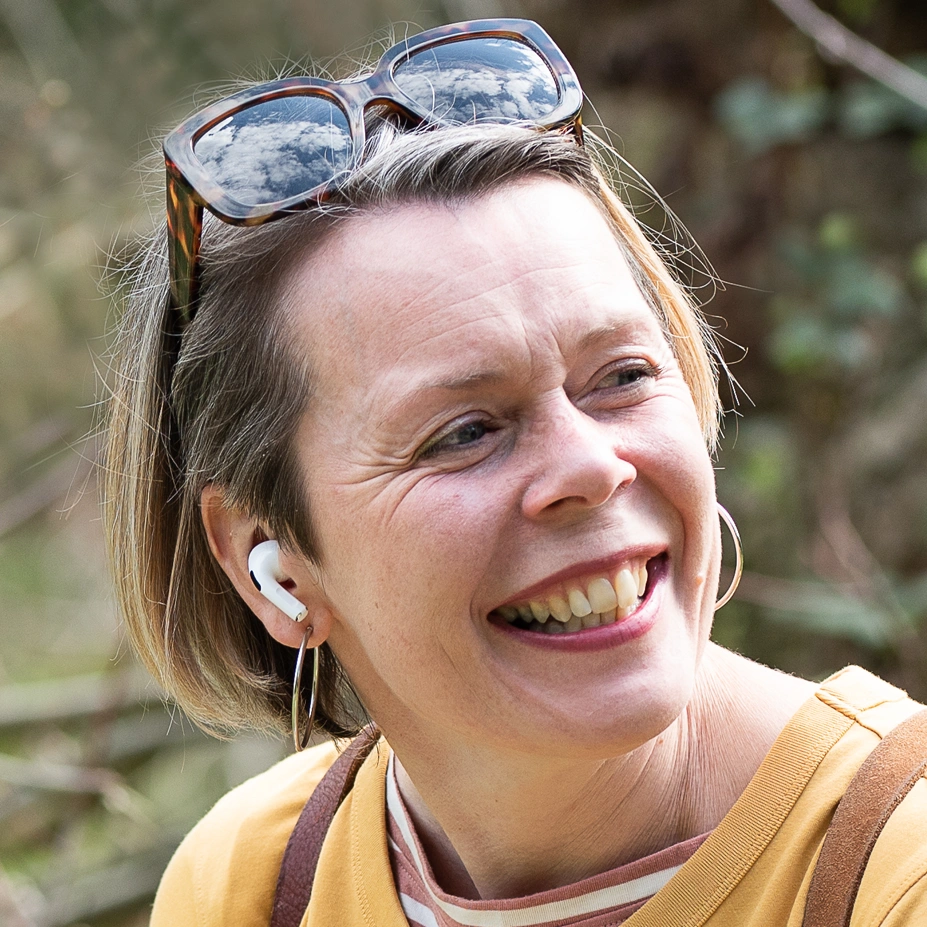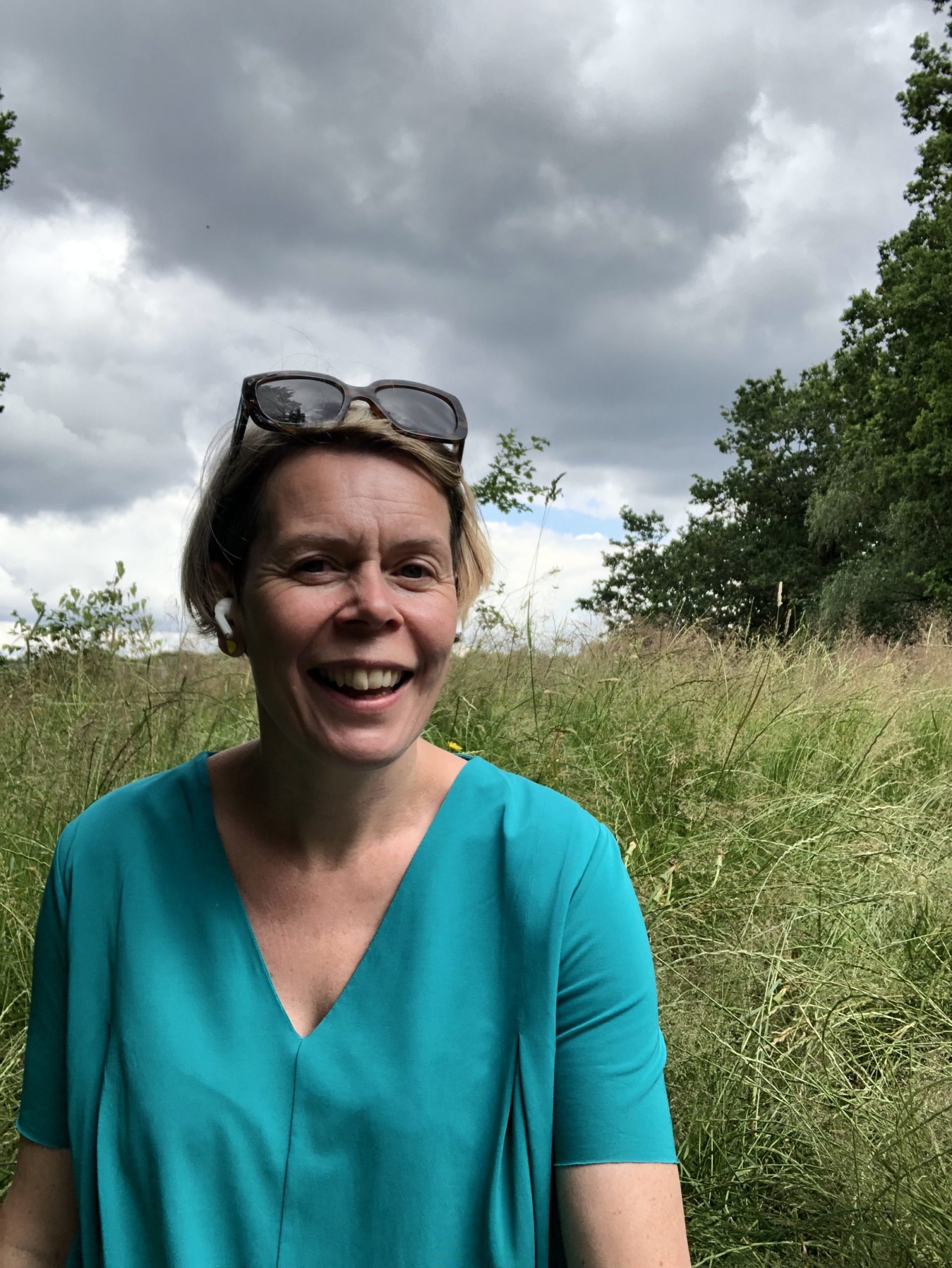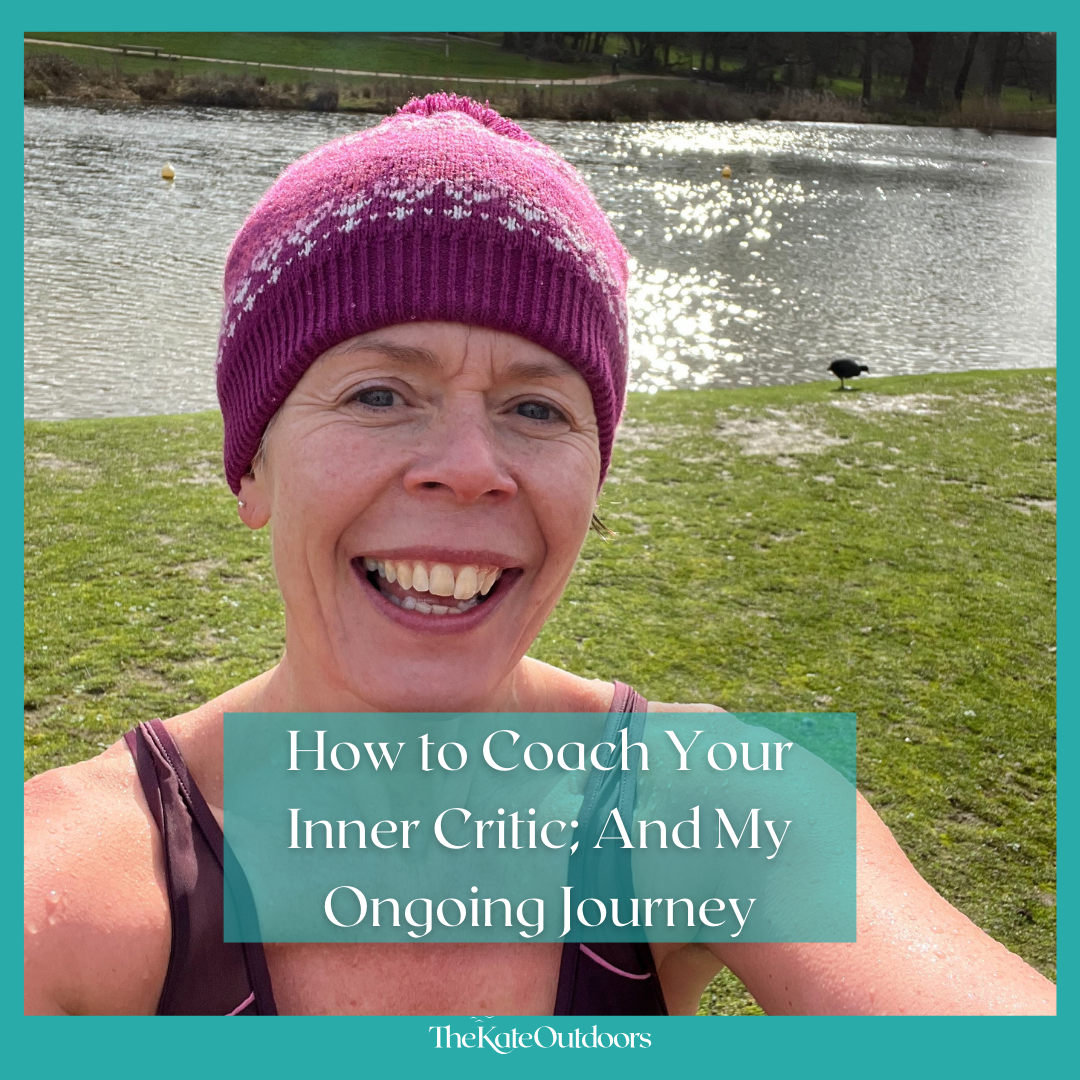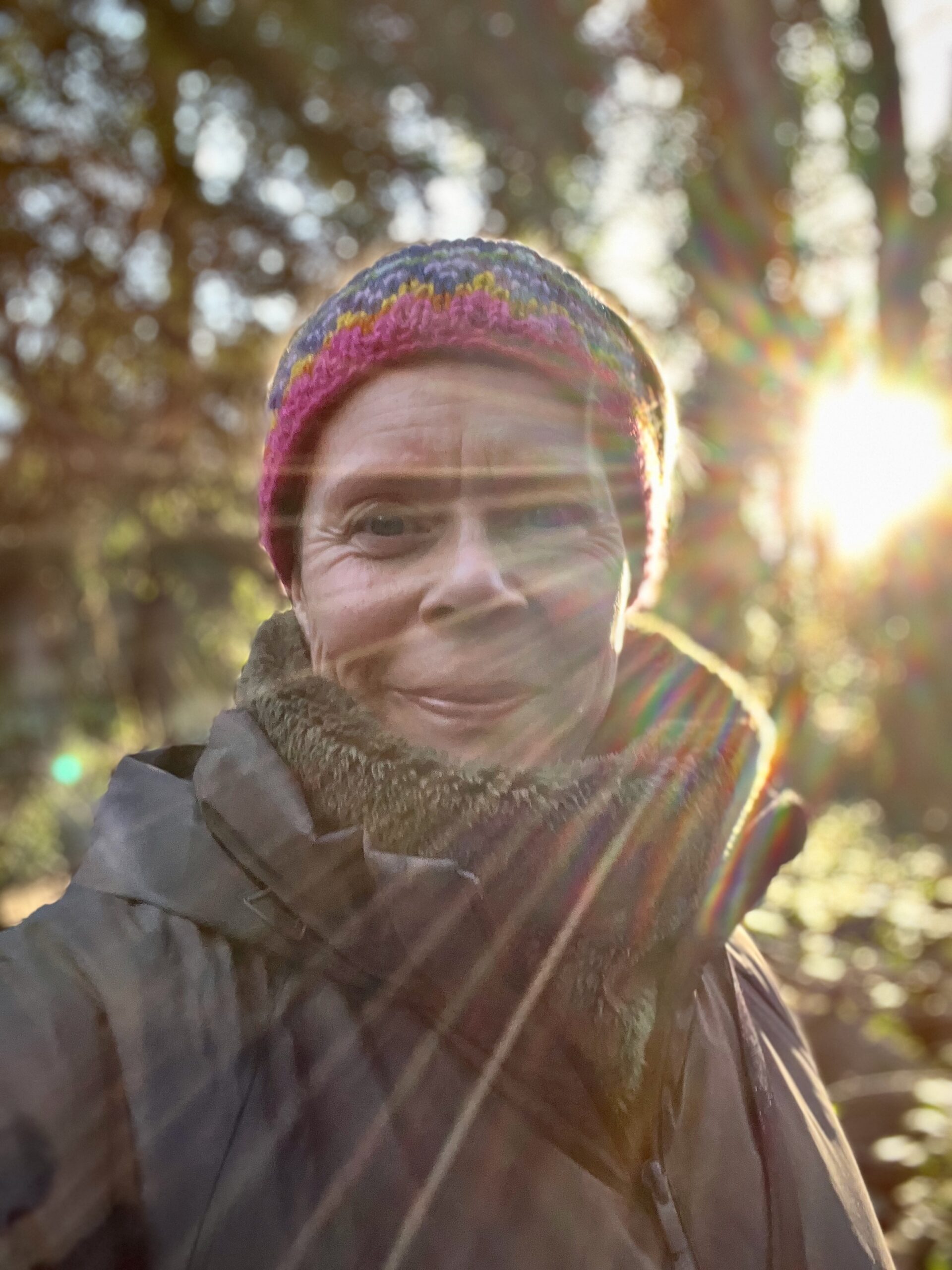5 – 10 min read with exercises
Thinking about a career change in your 40’s, or a change in your job?
It can feel like a big decision – daunting, risky and in an economically uncertain climate, why the bl**dy heck would you? (!)
Being told it’s a candidate’s market is great to know, but a change..?
What career change is right for me? Well, what if you could reach your own decision about a career change or a new job and feel like it’s well thought through and for the right reasons?
Of course, that’s what Life Coaching does – helping you make sense of your world to reach better decisions and find solutions to your problems.
Here are some observations I see as a Life Coach around how to work out a successful career change, or a change in jobs especially in midlife women – from a woman who has done it – for the better.
1. Start with WHY
You’re probably already asking yourself WHY do I want a career change at 40, OR change my job right now – so follow your curiosity and have a conversation with yourself. Ask yourself that question – ‘Why’?
Just as kids ask questions to us adults, asking ourselves ‘Why’ is a super useful life-hack. ‘Why’ is exploratory, it’s function as a word is to be as curious as a kid. And that’s what we need to be as adults – be curious, be playful and dig around to find answers and solve these problems.
Here are some prompts and exercises to be as curious as a kid and take a playful approach to the serious question of how to work out a career change or change to your job, as a woman in your 40’s.
Exercise 1. Ask WHY
WHY do you want a career change? Or change your job at this stage in your life?
You might reply, ‘because I hate my job’…so using that answer, ask yourself the next question;
Why do you hate your job?
..‘because I don”t want to be doing this until I retire’…using that answer, ask yourself the next question – why etc
Keep asking WHY as many times as you can until you think you’ve hit on a root cause or, you have an ‘a-ha’ moment.
Note your root cause/s or a-ha moment. Note themes too – all have clues to what is causing you to consider a change.
Your answers might suggest what you don’t want in your career or job anymore and how it’s making you feel – that’s ok.
TIP 1;
Talk to yourself out loud.
Yes, you might feel a bit weird, but self-talk is hugely beneficial when we consciously do it, because it…;
- …gets the internalising, doubting thoughts out of your head (negative self-talk)
- …reinforces positive behaviour and good self-talk and self-esteem
Think of the sports person talking out loud in a match willing herself on…it works, right?
More here in my previous blog; The Power of Positive Thinking
2. What do I LOVE in my job, career and my life?
Working out what you love in your job, career and life can be super enlightening and tricky – what you love might not be obvious, especially if you’re feeling down about your current situation. What if we could do more of the stuff we love in our work and our life?
We can. As women in our 40’s we have gathered so much experience and know-how already. It’s there – it just needs unlocking.
In this next exercise we are looking to unlock those brilliant experiences and times where we loved doing that ‘thing’ in our job, career and lives.
I invite you to think about;
- Working groups/ projects you are/were part of, any volunteering, sport/hobbies, additional tasks. What drew you to them? What do you get out of them? Personal and professional.
- Your guilty pleasures – activities you love doing that are seemingly mundane or you’d feel daft admitting them out loud..! You get a kick out of finding the best insurance quote? Love organising the dishwasher? Walking with a friend instead of going for a drink?
What’s in those activities that give us clues?
So this time instead of asking yourself WHY, ask WHAT.
- What’s in it?
- What does that do for me?
- WHAT?
Exercise 2. Ask WHAT
Here are some prompts to work out WHAT you really enjoy and love in your job, career and life;
- What tasks/activities do you really enjoy or give you a buzz when you do them? Personal and professional
- What do you that you’re so engrossed in that you put off going for a wee? Yes really! Is it something about what you’re doing? Something else? What else?
Keep asking yourself, WHAT? What else? What more?
Go back in time to previous roles, come back to the present day, keep digging and have a play with WHAT.
TIP 2;
Mindfully check in with yourself a few times a day and ask yourself;
- Am I enjoying what I’m doing right now?
- What is it that I’m enjoying doing?
- What specifically?
- What else?
OR;
Ask yourself these questions each night before you sleep.
And write down your responses.
There is no right and wrong – if you think it, write it.
3. What skills and strengths do you have?
Do you know what your skills and strengths are? Could you articulate them right now?
Noticing what you love doing (as above) will help you notice what you excel at – your strengths. Knowing your strengths will enable you to confidently articulate and focus on what you want in your next career or job move, and find it.
Strengths and skills are different – here’s my definition;
- Skills – abilities and talents that you do well and have learned to do/ hone over time. You have expertise in.
- Strengths – characteristics that enable you to be/ perform at your best, reach your potential, AND you really enjoy. They give you energy and a buzz! Think of them as your USPs – something special about you
Exercise 3; Strengths in a scenario;
Think of a scenario – a time when you feel really energised/on form – you were being your best and loving it – personally or professionally.
- What were you doing?
- What specifically were you doing?
- Where were you?
- Who were you with?
- What did you enjoy about it?
- How did you feel when doing it?
- What were you thinking at the time?
- What else useful to note?
Keep asking WHAT, HOW and ASKING MORE QUESTIONS TO FIND YOUR CLUES.
TIP 3;
Spend some time thinking and describing this scenario for maximum impact; flesh out just one scenario and pull out words and themes that stand out.
A midlife career change or job change is going to be tricky to navigate if you don’t know what you are looking for or are overly-worried about the consequences. Particularly important if you’ve had a career break or currently doubt your abilities.
I notice in the women I work with, (who are mostly midlife – approaching or in their 40’s), that we often get overwhelmed because we have a lot on already and at capacity. The mental load, responsibilities, general life or work ‘stuff’ clogging up our heads can be perceived as a lot to cope with.
No wonder we can’t think straight. And then we get stuck.
And as this is happening, the amount of hormones we have been used to are slowly decreasing – on the quiet, in the background, possibly over years – thank you Perimenopause (that’s one for another time).
When I was unhappy in my HR career, working out what I loved doing and my strengths with my Life Coach was a game-changing confidence boost – and yet I had known these ‘facts’ all along – they were part of me. Walking, talking, being outdoors, having autonomy…I just hadn’t taken the time to acknowledge and accept them as my own.
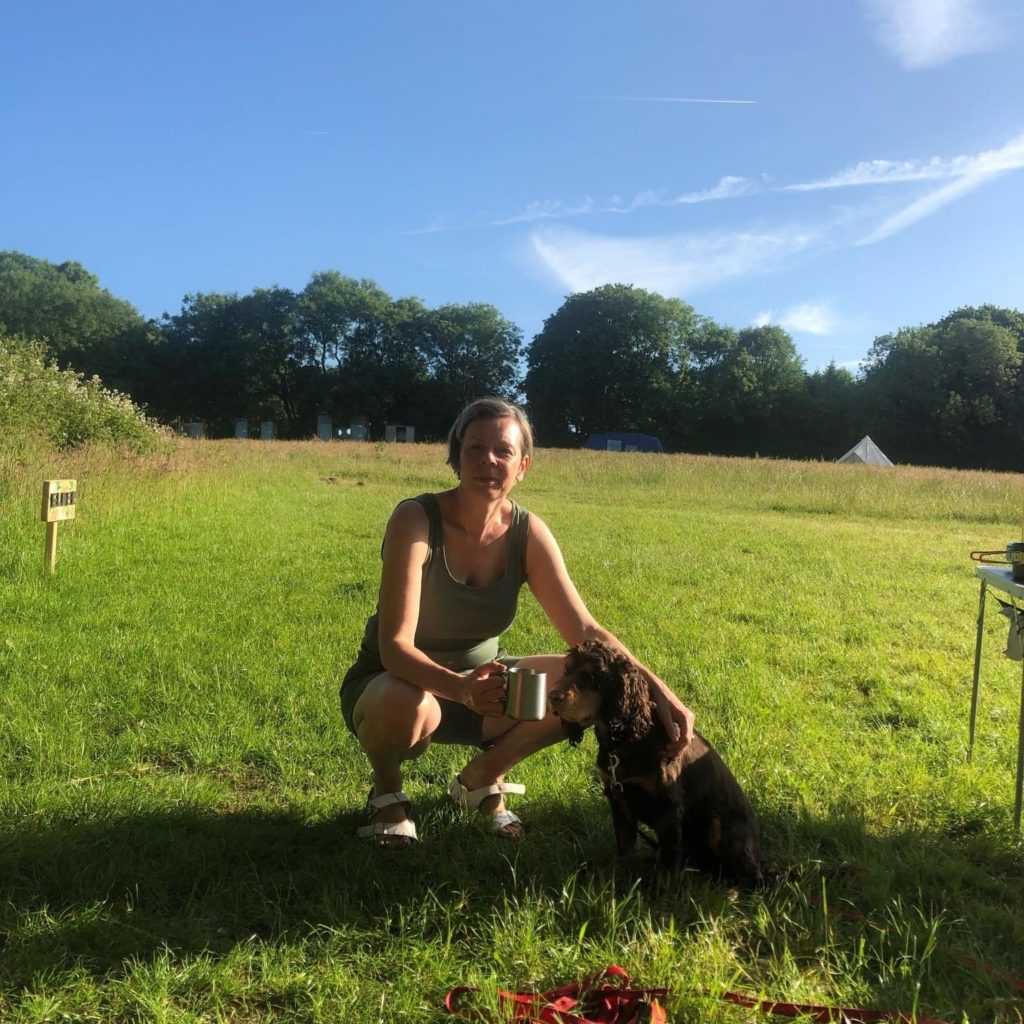
You could speak to any recruiter and they’ll offer you different opportunities that they want to give you, because they are serving their client.
Or you could speak to a recruiter and specify what you want, because you are serving yourself in the way that’s right for you.
When we play to our strengths, we are more confident, have a stronger sense of self and are better versions of ourselves.
Are you playing to your strengths?
Subscribe to my mailing list and I’ll send you an additional free resource on Strengths finding that will help you consider a career change or change in your job.
If you do any of the exercises and have any questions, let me know – I’m back in September.
In strength! 💪🏻
Resources
I liked reading this article. Now I know that one of my good mates – Juliet from school, was on to something to always talk out loud to herself (she’s now an excellent Consultant – and Mum – in a busy London Healthcare Trust)!
Talking to yourself out loud article
Take a look at my recent Instagram and Facebook videos about why people come to Life Coaching with me – I talk more about us as women in our 40’s in Reason 3.
